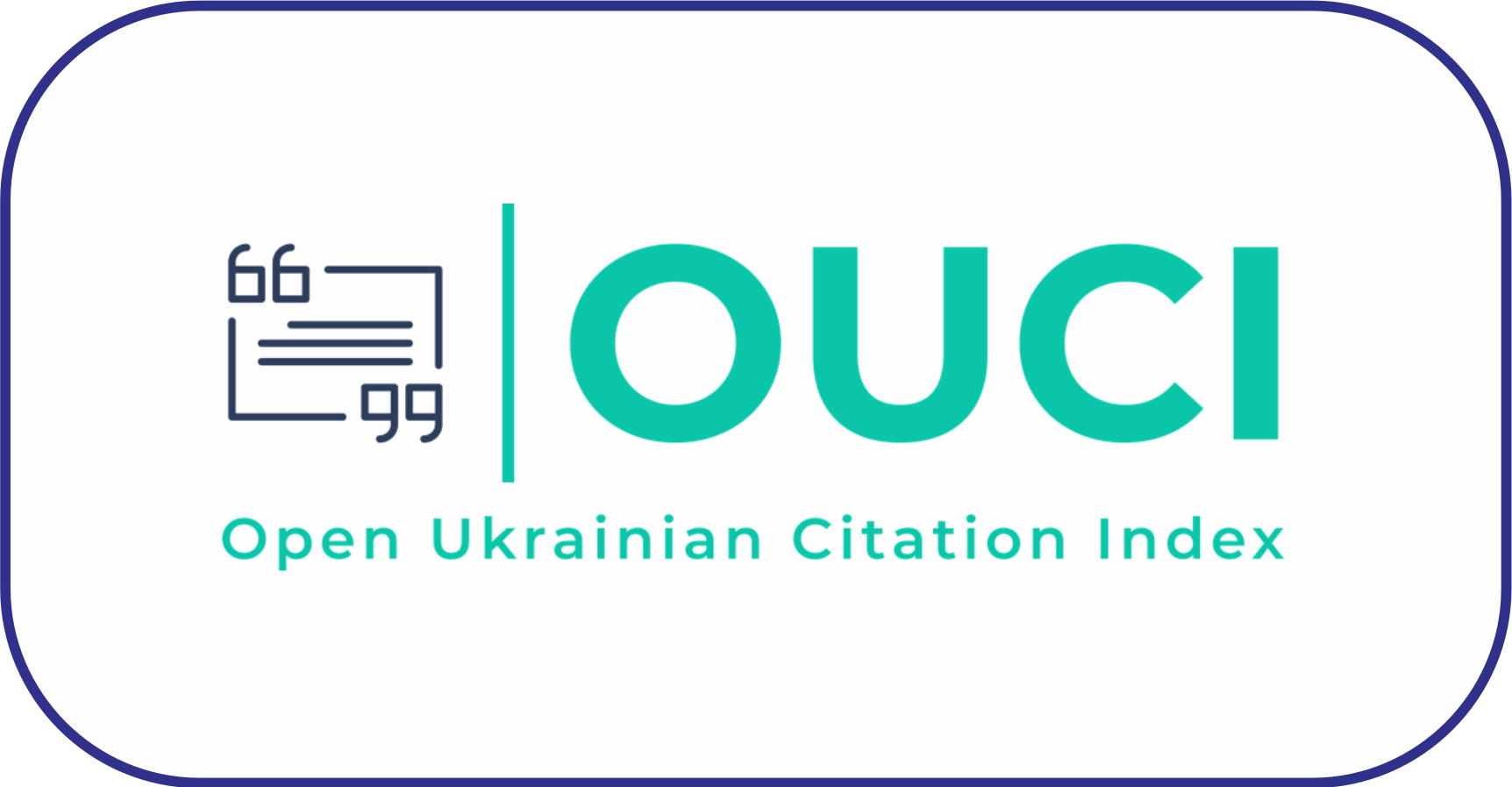A discussion on integrated effect of compost and urea fertilizer on growth and yield of crops: An updated review
DOI:
https://doi.org/10.63072/aab.18007Keywords:
Compost, Growth, Inorganic, Nitrogen, Nutrients, Organic, Pollution, YieldAbstract
The degradation of soil fertility presents a significant hurdle in maintaining agricultural production across many nations. Sole reliance on either inorganic or organic fertilizers can yield both advantageous and detrimental impacts on plant growth, nutrient availability, and soil health. Integrating organic waste and compost into agricultural practices stands as a key approach to harnessing valuable sources of organic matter (OM) and nutrients, thereby promoting sustainable agricultural methods. Moreover, the enhancement of composts with chemical fertilizers can significantly boost the agronomic efficiency by decreasing the required fertilizer quantity while simultaneously elevating the compost quality. While organic fertilizer can improve soil physical and biological activity, it has a lower nutrient content, requiring larger quantities for plant growth. On one hand, inorganic fertilizers provide an immediate and rapid supply of essential nutrients directly available to plants. However, the continual use of inorganic fertilizers results in the depletion of soil organic matter, increased soil acidity, and environmental pollution. Therefore, an integrated nutrient management system serves as a viable approach for cost-efficient and sustainable soil fertility management. This system involves the combination of both inorganic and organic materials to enhance soil fertility and productivity without causing detrimental environmental impacts. This study aims to assess the effects of blending compost with urea fertilizer on specific aspects of soil fertility and productivity. The findings indicate that a strategic combination of organic and inorganic fertilizers enhances productivity without compromising yield quality. Moreover, it significantly boosts soil fertility beyond what can be achieved by using either organic or inorganic fertilizers separately. Additionally, enriched compost reduces application rates from tonnes to kilograms per hectare, reducing dependence on chemical fertilizers to a certain extent. This farmer-friendly approach is economically acceptable and environmentally sustainable as it reduces compost application rates, saves N fertilizer, and recycles organic waste while potentially reducing N losses to the environment. © 2018 The Author(s)
Downloads
Published
How to Cite
Issue
Section
License
Copyright (c) 2018 Advances in Agriculture and Biology

This work is licensed under a Creative Commons Attribution-NonCommercial 4.0 International License.


























